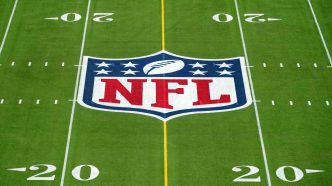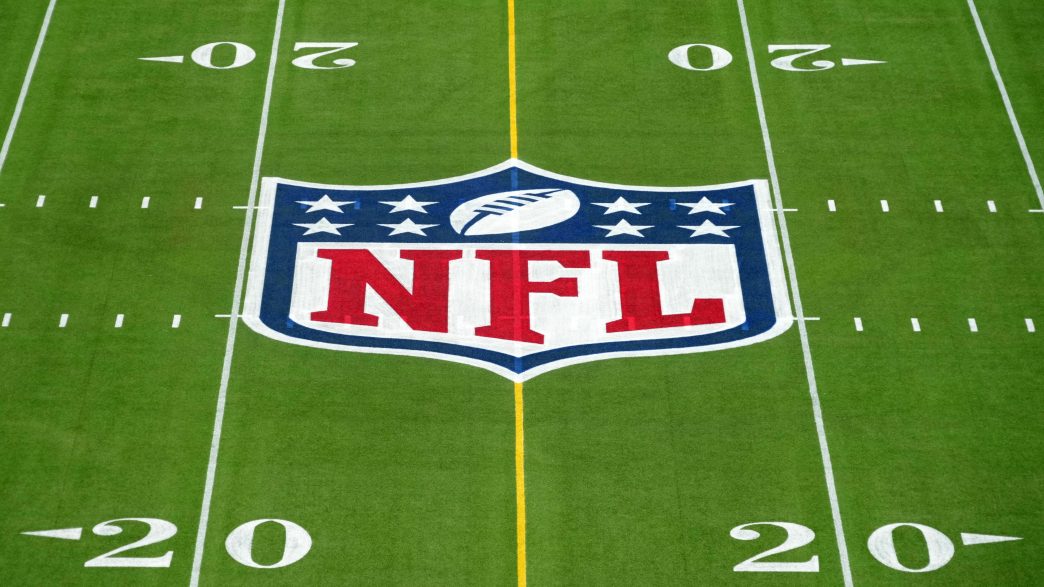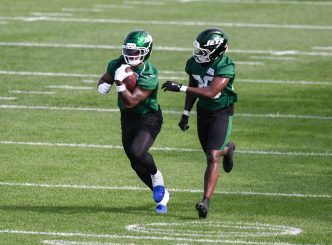The NFL is once again making waves with changes to its overtime format, and this time, the adjustments are both bold and familiar. At the league’s annual meeting, the owners approved two key rule changes that will impact the upcoming seasons, focusing on overtime regulations and the expansion of replay assist.
Starting in 2025, the NFL will implement a new overtime rule during regular-season games that guarantees both teams a possession. This mirrors the format that was already in place for postseason games as of 2024, ensuring that each team has an opportunity to showcase their offensive prowess in overtime scenarios. Crucially, the overtime period will remain set at 10 minutes, a decision reached after an earlier proposal sought to extend it to 15 minutes.
The impetus for these changes was partly fueled by memorable moments from recent playoff games, notably the Kansas City Chiefs’ thrilling win over the Buffalo Bills in 2022. In that game, after a tightly contested matchup, the Chiefs won the coin toss and scored on their first drive in overtime—leaving the Bills with no chance to respond. With the updated rule, had the Bills scored in their possession following the Chiefs’ touchdown, the game would then have shifted to a “next score wins” scenario. However, in the regular season, if both teams remain tied after the 10-minute overtime, the game will end as a tie—a rule distinction that keeps the stakes high.
On another front, the NFL is making a significant push to improve player safety with a broader replay assist policy. The new rule allows certain penalties—such as hits on defenseless players, facemask grabs, horse-collar tackles, tripping, and roughing the kicker—to be subject to replay reviews. However, there’s an important caveat: these penalties can only be reviewed if officials initially throw a flag on the play. Coaches can challenge the validity of a penalty, but if the officials miss a foul entirely, there’s no recourse for teams.
Additionally, in an effort to reinvigorate the excitement around kick returns, the league is moving touchbacks up to the 35-yard line starting in 2025, up from the previous rule that placed touchbacks at the 30-yard line. This shift is part of the NFL’s broader initiative to encourage more kickoff returns, aiming for a jump in return rates from approximately 33% in 2024 to between 60-70% under the new policy. This change comes in light of declining injury rates on kick returns, indicating a careful balancing act between safety and fan engagement.
Not all proposals made it through the decision gauntlet, though. A notable one aimed at eliminating automatic first downs for specific defensive penalties, introduced by the Detroit Lions, was turned down. This proposal would have changed the dynamics of penalty enforcement in crucial situations, but the current rule—which awards a five-yard penalty alongside an automatic first down for illegal contact and defensive holding—will remain intact.
Similarly, another Lions proposal to alter playoff seeding was tabled for further discussion. This proposal sought to ensure that wild-card teams with better records than division winners would receive higher seeds. It aims to address the disparities seen last season, where teams with higher win totals, like the 14-3 Vikings and the 11-win Packers, found themselves seeded lower than teams with lesser records that merely won their divisions.
In the realm of free-agent negotiations, a new proposal spearheaded by the Pittsburgh Steelers passed, allowing teams to directly engage with free agents during designated negotiating windows. This represents a shift from the previous policy, where only discussions with player agents were permitted, and teams could not arrange travel for prospective players. This new rule will serve as a one-year trial but holds potential for significant changes in how free agency unfolds.
As the NFL continues to evolve with these rule changes, fans can look forward to a landscape that not only enhances competitive fairness but also bolsters safety and excitement on the field—making every game, from the regular season through the playoffs, even more thrilling to watch.








